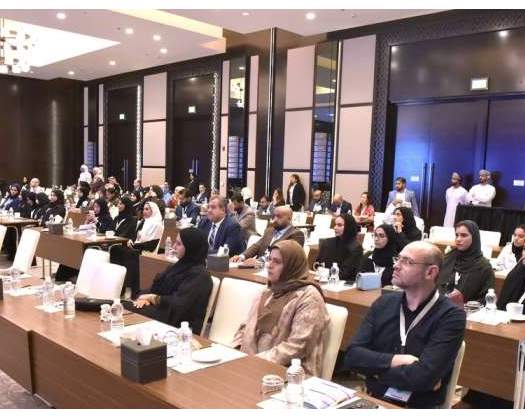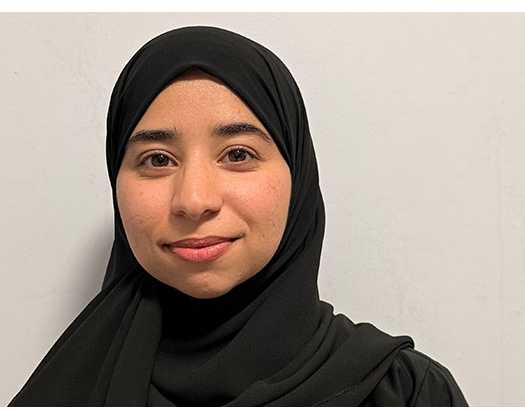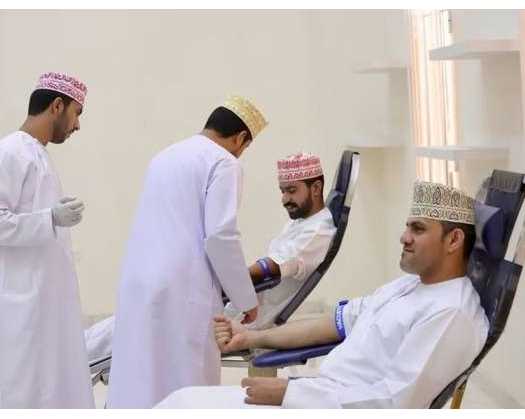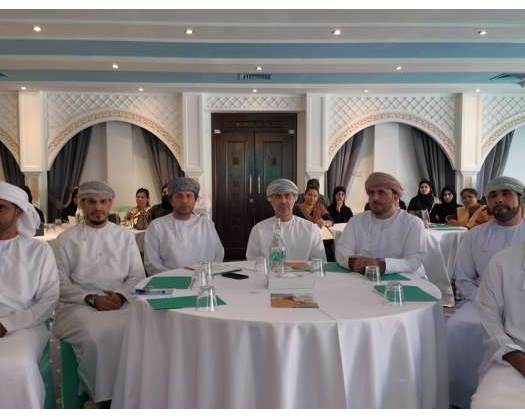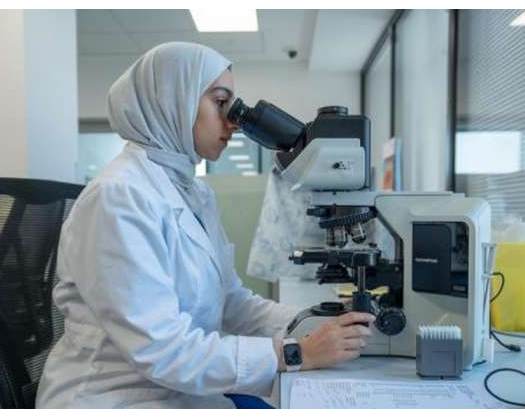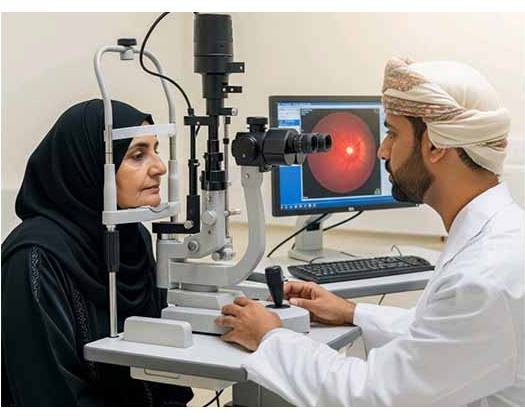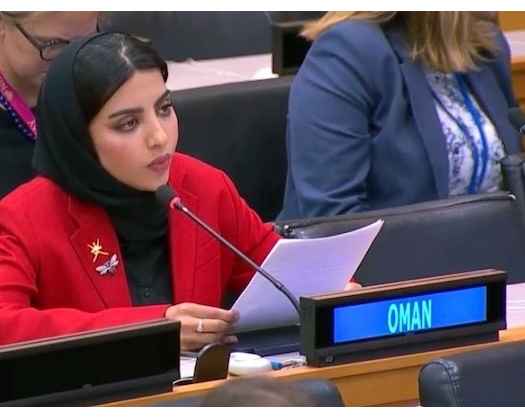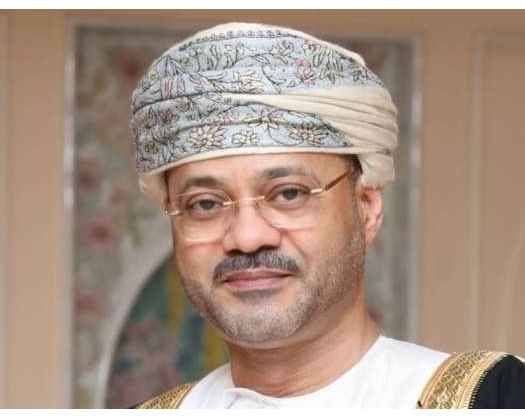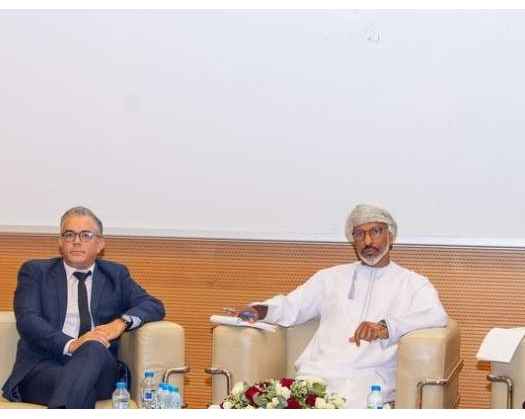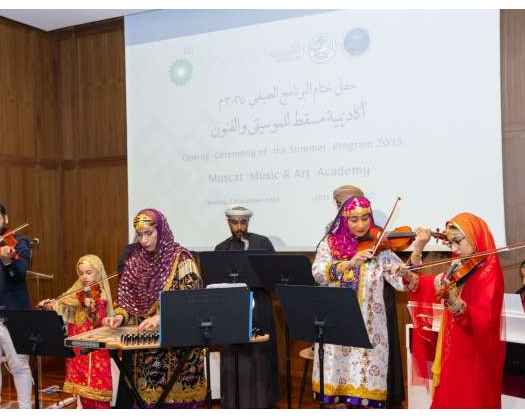Muscat: The 5th International Middle East Genetics and Metabolic Academy (MEGMA) symposium commenced on Thursday, under the esteemed leadership of Dr. Said Hareb Al Lamki, the Undersecretary of the Ministry of Health for Health Affairs. This event was graced by the presence of Professor Majid Abdullah Al Fadl, the Head of the Genetics and Precision Medicine Department at King Abdullah Specialised Hospital.
This three-day symposium, organized by the Oman Society for Genetic Medicine in collaboration with the Middle East Genetics and Metabolism Academy, is a testament to the commitment to advancing knowledge and collaboration in the field of medical genetics. It is designed to foster professional networking and support the career development of specialists in medical genetics.
The agenda for the symposium is rich, featuring lectures by 55 distinguished speakers from the GCC countries and beyond, with a total of 150 medical genetics specialists in attendance. The first day's program delves into the challenges faced and the key strategies for management, including early detection strategies for MPS II and management outcomes in clinical, chemical, and laboratory genetics. It also explores the response to niacin treatment in a patient with a NAXE gene defect, provides an overview of Mucopolysaccharidosis type X, discusses non-simple diarrhea: its intestinal genetics, management of hereditary metabolic acidosis, the advancements in PKU management: new perspectives and emerging treatments, approaches to developing new treatments for rare diseases, and the impact of timely diagnosis on treatment outcomes for spinal muscular atrophy in children.
The symposium extends its reach into its second and third days with a workshop on epidermolysis bullosa in the Middle East and North Africa. This workshop covers a range of topics, including molecular epidemiology in Arab countries/mutation analysis, newborn care in early childhood diagnostics and immediate care, characterizing a new rare muscle disease from clinical diagnosis to functional analysis, updates on emerging precision therapies for inborn errors of metabolism, integrating genomics and metabolomics to enhance the diagnosis of rare diseases, clinical and molecular characterization of familial hypercholesterolemia in the Omani population, and the impact and benefits of genetic sequencing in families affected by chronic kidney disease in Oman.

